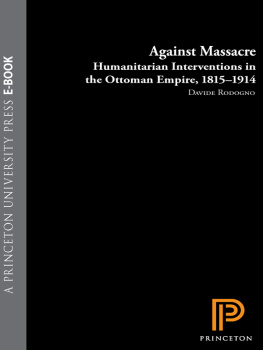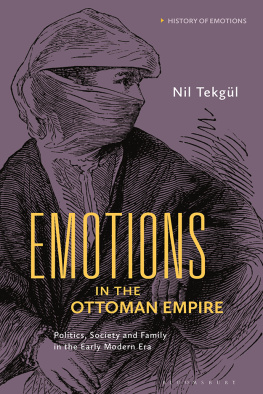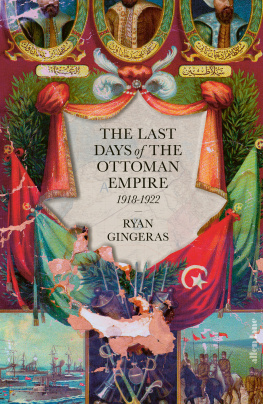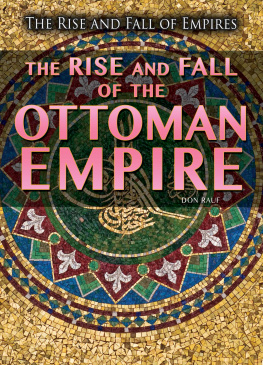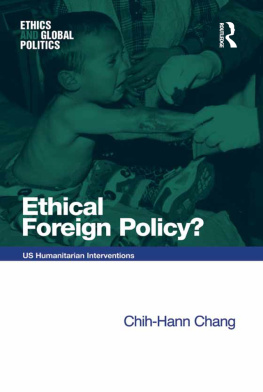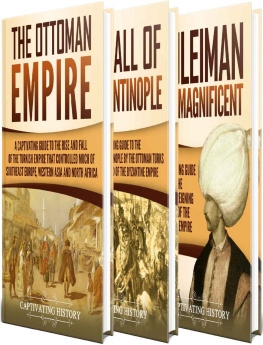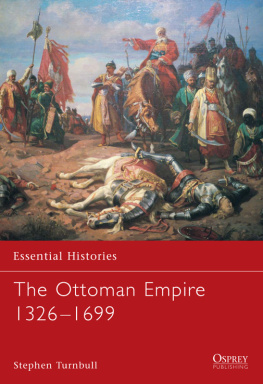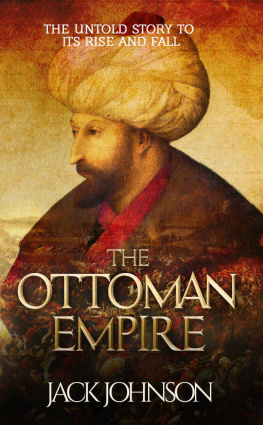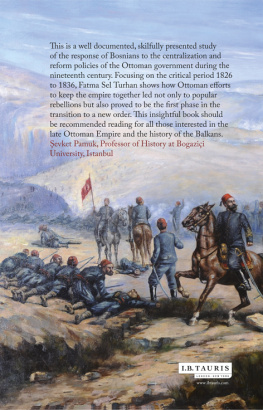Abbreviations
| A. & P. | Accounts and Papers, general abbreviation for the Blue Book. |
| They are referred to under their title, number (if any), and |
| year of publication, the document number. |
| CP | Correspondance Politique, MAE |
| CPC | Correspondance Politique et Consulaire, MAE |
| CRAC | Correspondence Respecting the Affairs of Crete |
| CRAAT | Correspondence Respecting Reforms in Asiatic Turkey |
| CRIRAPAT | Correspondence Respecting the Introduction of Reforms in the |
| Armenian Provinces of Asiatic Turkey |
| FO | Foreign Office Papers, Public Record Office |
| FCRAC | Further Correspondence Respecting the Affairs of Crete |
| FCRASEE | Further Correspondence Respecting the Affairs of South East- |
| ern Europe |
| MAE | Archives du Ministre des Affaires Etrangres, Quai d'Orsay, |
| Paris |
| PRO | Public Record Office |
| TNA | The National Archives, Kew, London |
SYSTEM OF REFERENCE FOR ARCHIVAL SOURCES
I follow General Information Leaflet 25, How to Cite Documents in the National Archives, for all Public Record Office documents. As far as possible I follow the same method for the documents of the French Ministre des Affaires Etrangres.
The National Archives (TNA): Public Record Office (PRO), department code, series number, author, possibly followed by organization, recipient, document number, date in day-month-year format, and document title in quotation marks, only if important.
The spelling of Turkish, Greek, Armenian, and Arabic words and names is determined by diplomatic usage. The reader must be aware that the spelling is mistaken, and that a popular and diplomatic usage has been used.
Acknowledgments
I WISH TO EXPRESS my heartfelt gratitude to my three mentors. Philippe Burrin was the first to be aware of my intentions to write a book on the history of humanitarian interventions. His encouragement convinced me to abandon my previous field of research and undertake this intellectual venture. Bruno Arcidiacono and Matthew Leitner rescued me whenever I found myself in a quagmire. In 2002 the Swiss Fonds National de la Recherche Scientifique granted me a three-year postdoctoral fellowship. I first went to the London School of Economics, where David Stevenson welcomed me warmly, and later to Paris. Without this extremely generous grant, it would have been impossible to start this project. I have very fond memories of the passionate discussions over humanitarian interventions I had with Anita Prazmowska, Sue Onslow, Svetozar Rajak, Dejan Djokic, and Peter Siani Davis. I thank my friends Jasna Dragovic-Soso and Ilaria Favretto, who patiently listened to me regarding my latest findings. While in London, I had the privilege to meet and discuss humanitarian interventions with Stevan Pavlowitch, whose wise advice I took into account when researching. I am thankful to the librarians and staff of the London School of Economics, King's College, and University College London for their precious help, as well as to the archivists of the National Archives at Kew. In Paris, the director of the Institut d'Histoire du Temps Prsent, Henry Rousso, counseled me on how to navigate through the administrative hierarchies of Parisian archives. The librarians and staff of the Bibliothque Nubar and the Bibliothque Nationale Franois Mitterrand helped me great deal, as did the archivists of the Quai d'Orsay. In Geneva, the Graduate Institute Library's director Yves Corpataux was kind enough to provide me with a copy of all the books I required. Martine Basset found all the manuscripts, pamphlets, and rare publications I needed.
I am grateful to the Royal Council of United Kingdom. From 2005 to 2008, as Research Council UK academic fellow, I worked in the stimulating and enriching environment of the School of History of the University of St. Andrews. Andrew Pettegree, then head of school, allowed me to continue my research undisturbed for almost two years. John Clark helped me to understand how things worked in the Kingdom of Fife and, over a few months, evolved from mentor to friend. Steve Murdoch introduced me to Scottish history, the secrets of rugby, whisky, and humanitarian organizations. David Allan gave me private lessons on Ferguson, Smith, and the Scottish Enlightenment. Riccardo Bavaj, whose office was next to mine, bravely endured my soliloquies on humanitarian interventions. I am grateful to the numerous colleagues who read one or more chapters of this book: Ali Ansari, Michael Brown, Bruce Gordon, Dimitris Kastritsis, Tony Lang, Bernhard Struck, Stephen Tyre, and Michael Bentley, who suggested the title. I thank Lorna Harris for her assistance, as well as Alexia Grosjean and Heike Cavallo, who improved the written English of my manuscript.
Among the colleagues who read parts of this book, I would like to thank Aron Rodrigue, David Holloway, Amir Weiner, Andreas Malaspinas, Christos Hadziiossif, Effie Voutira, Sergio Luzzatto, Guido Abbatista, Marco Dogo, Christian Mller, David Trim, and Jennifer Pitts. Gary Bass sent me the proof of his Freedom's Battle at the time I was finishing the first draft of this book. He trusted a perfect stranger! Eric Weitz and Rebecca Gill read the entire manuscript and made precious comments. I can never thank them enough. I am indebted to my colleagues of the International History and Politics Department at the Graduate Institute of Geneva, as well as to the students in my seminars on the history of humanitarian interventions. Some of their comments and my replies to their criticism and challenging questions are to be found in this book. I am appreciative for the constructive reports of the anonymous reviewers and to my editor Ian Malcolm who believed in me since we first met at St. Katharine's Lodge. Ian has waited with great patience for me to be finished with this book. Obviously, the responsibility for what I have written lies entirely with me.
Many people made it possible for me to work in perfect conditions. Dr. Bruno Roche and Pierre Michetti looked after my health. I found inspiration at Roberta's place in Acitrezza. Claudia Franchini's Cornwall Gardens flat, Madame Rolande Cuvillire's apartment at Rue de l'Universit, and Giuseppe and Silvana Salvia's house at Prangins were ideal places in which to write, erase, and rewrite. Anna and Daniele made my life easier in every possible way. My brother Raffaele and my friends Antonio Denti, Alexandros Dimitrakopoulos, and Giovanni Distefano were there whenever I needed them. Carla and Annah Andrea helped me to go beyond my congenital cynicism and to seek fragmentary sentiments of humanity in international politics. Giovanna always stood by me. This book is for her.
Bibliography
NOTE ON SOURCES
In the British and French archives I looked for confidential documents, ambassadorial and consular reports, as well as documents concerning other powers' foreign policies. I have also relied on the French Livres Jaunes and their British equivalent the Blue Books, though I am aware as contemporaries often werethat they were edited and censored by the Foreign Office or the French Ministry of Foreign Affairs. For instance, in his La France et la Question d'Orient, 7ff, Comte de Chaudordy claims that the foreign minister kept the Chambers and public opinion ignorant about the horrors taking place in the Ottoman provinces inhabited by the Armenians. In his Les Affaires de Crte, 9799, Victor Brard contrasts the attitude of the French government, which had kept silent on the operations in Crete, with the many available letters and dispatches published by the British authorities that give a detailed account of the events in the Ottoman island. Despite being edited and censored, the
Next page
